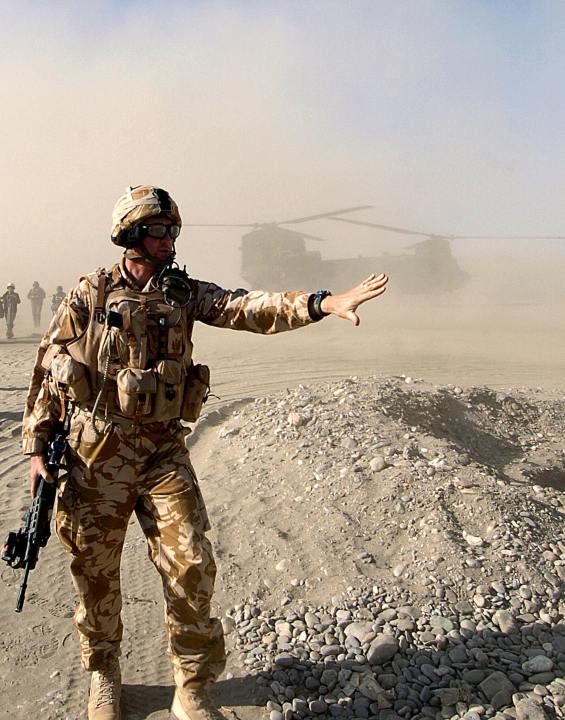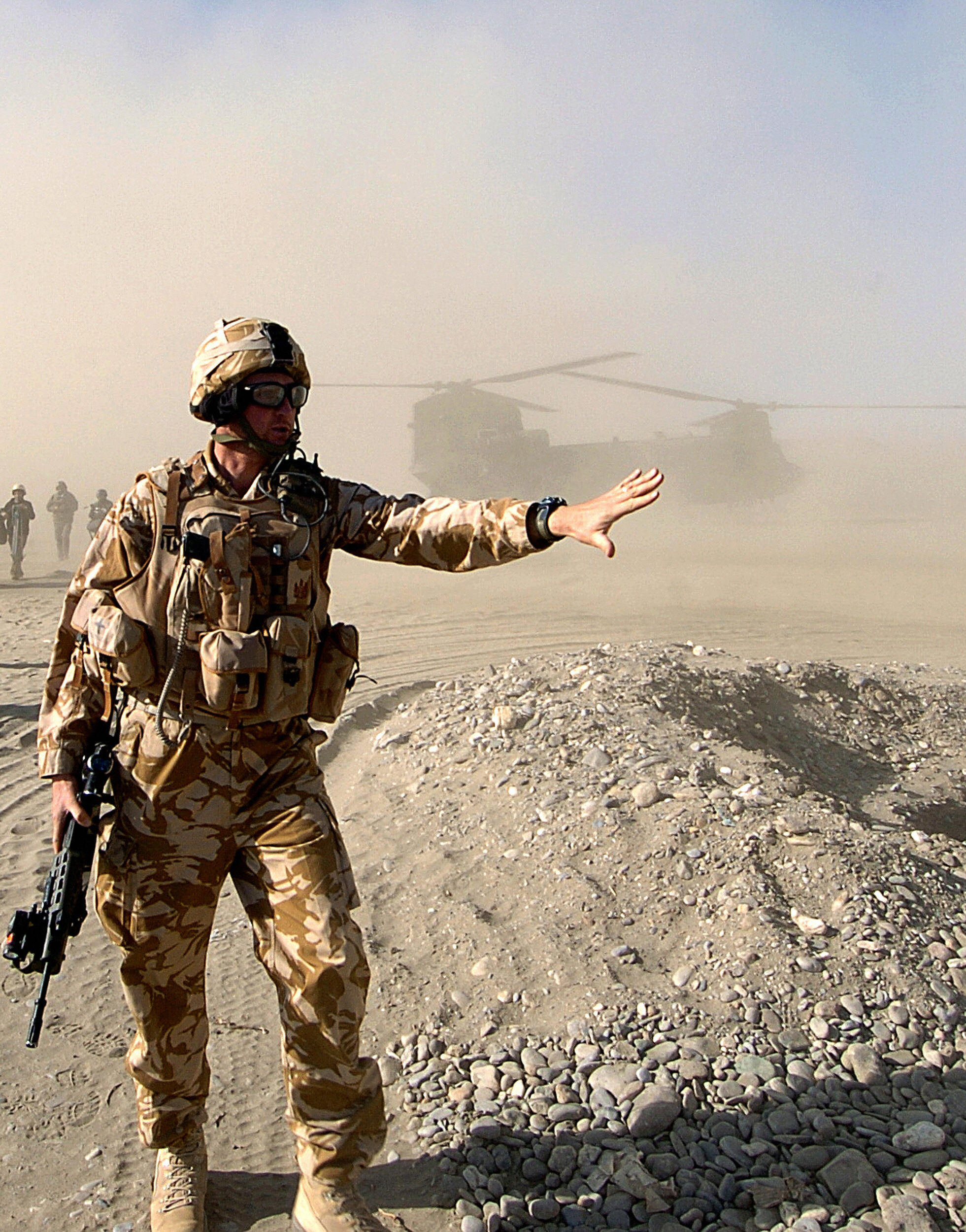 Should the Prime Minister (and, increasingly, each party leader) name and honour the recent fallen in Iraq and Afghanistan at PMQs? I had thought this quite respectful, but when I was in Afghanistan I was surprised to find a number of soldiers opposed to it. Their problem is that it reads to the nation a narrative of failure when the incredible success of the military during the turnaround against the Taleban barely gets a mention.
Should the Prime Minister (and, increasingly, each party leader) name and honour the recent fallen in Iraq and Afghanistan at PMQs? I had thought this quite respectful, but when I was in Afghanistan I was surprised to find a number of soldiers opposed to it. Their problem is that it reads to the nation a narrative of failure when the incredible success of the military during the turnaround against the Taleban barely gets a mention.
I raised this with Brig Mark Carelton-Smith, commander of Taskforce Helmand, when I was in Lashkar Gah and I print his response in my News of the World column today. “The casualty rate is not high,” he said. “Yet a steady drumbeat of casualties does eat away at stamina and resolve that a country needs to keep its nerve.” He would not be drawn on the practice at PMQs, understandably.
But let’s take his point wider. Every loss is a tragedy – yet in the standards of British conflicts, the Iraq and Afghanistan missions stand out for their low casualty rate. In five years of Iraq it’s 176 deaths – the last time the British were in Iraq in the 1920s we sustained 2,000 casualties from the Shi’ite insurgency. Afghanistan has involved the most sustained fighting since Korea (a conflict where we lost 710 soldiers) and the British military deaths there stand at 95. New technology and war fighting methods have lowered the casualty rate, yet it will not seem that way to the public.
The reservations put to me by one officer in Lashkar Gah was that the Taleban are betting that the West has no stomach for long conflicts now, that they will not accept casualty rates, and will withdraw troops. The Taleban realise they can’t outfight us, but believe they can outlast us because the Western public no longer tolerates the casualty rate inevitably associated with large-scale military interventions.
I know that Tony Blair regretted starting this tradition at PMQs, for the reasons Brig Carleton-Smith outlined to me. But once you start, it’s tough to stop.








Comments